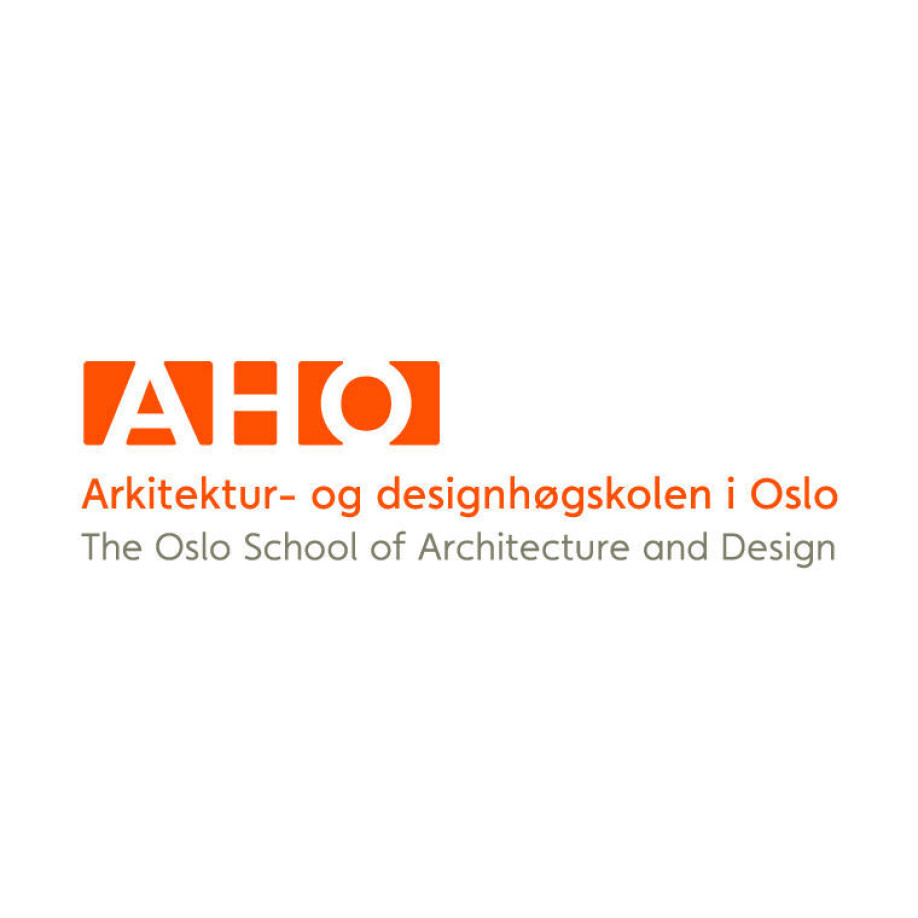Stilling:
PhD Fellowship - Displacement, migration and placemaking in Nordic cities
Deadline 20.02.2019

About the project:
Migration is an increasingly urgent issue of public debate in European and Nordic countries and cities. This calls for academic and architectural investigations of the spatial context of social processes surrounding displacement, particularly the physical dimension of modes of reception in these countries. At the same time, contemporary urban placemaking is a growing focus for European and Nordic cities. This happens on a background of changing economic structures that require communities to explore alternative futures, and on changing demographics (including new arrivals). Within cities and socially challenged urban districts, placemaking can include the engagement of both local human and spatial resources through cultural processes
The project should investigate the intersection between architectural approaches to urban placemaking, societal concerns for integration, and the individual rights and well-being of displaced people. It should query the role of place in enabling or challenging dominant models of integration and/or modalities of refugee reception. This includes studying physical structures and contexts of displacement, such as refugee settlement programmes, reception centres or other relevant locations of temporary or permanent settlement of displaced people. The overall frame of this research is urban sustainability relating to questions of disenfranchisement, community building, social cohesion, safety, and wellbeing in different urban contexts. The matter of this research has implications for urban development processes, the dynamics of public urban space, and access to such space for newcomers and existing residents alike.
The project will address issues relating to migration and displacement in Nordic towns and cities, with a focus on contemporary placemaking, public space and the involvement of stakeholders. The research may also involve additional cases outside the Nordic countries.
The results of the project may include practical solutions for integration of displaced people in cities, critical discussions of the spatial aspects of dominant models of reception and integration, as well as other theoretical outcomes that positions placemaking and urbanism practices in relation to urban sustainability, displacement and integration.
The four-year stipend will include one year of teaching. The candidate should present ideas about how teaching and PhD research could benefit each other. This may involve reflecting on student works, using data from student research or engaging stakeholders through local student interaction.
The research may involve one or several of the following approaches:
- Research by design – in which planning, design and execution/construction of projects play a significant part of the inquiry.
- Action research – in which the candidate engages in a reflective process involving particular planning/development/design operations in ways that make use of existing professional skills.
- Case study – using one or a selection of prospective or retrospective cases in combination to inform the enquiry. This may include formulating generalised outcomes base on multiple cases or the exploration of how theoretical perspectives play out in specific instances.
- International experiences. The candidate is encouraged to spend part of her/his time at an international knowledge institution to access best practice and expertise elsewhere.
Requirements:
- The candidate should have a master or equivalent in architecture, landscape architecture or urbanism.
- The candidate should specify what collaborative partners (municipalities, NGOs, etc.) that may be relevant to the research, and if any relevant networks exist.
- The candidate should specify at what international knowledge institution (if any) he/she plans to spend part of the research period.
- The candidate should have necessary language skills when addressing local communities in the Nordic countries.
The project will run in parallel with the international research project: Displacement, placemaking and wellbeing in the city. The projected supervisors are Lisbet Harboe and Peter Hemmersam.
The application must include:
- An application letter describing relevant background, motivation, research experience and network (two A4 pages maximum).
- A tentative project outline of maximum 5 pages, formulating and discussing research tasks, types of problems and methodology.
- CV.
- Certified copies of educational certificates, transcript of records, diplomas and letters of recommendation.
- List of publications and/or academic work.
- Examples of work written (where relevant) by the applicant. Three works maximum.
- 2 references (name, relation to the candidate, e-mail address and telephone number).
Please note that all documentation must be in English or a Scandinavian language. Applications who do not fulfil the formal requirements will not be considered. Attachments beyond the required documents will not be taken into consideration.
The material for the PhD application will be assessed according to the following criteria:
- The quality of the project description (outline)
- The applicant's suitability for the research tasks
- The academic competence of the applicant
We offer:
- The PhD scholarship is fully funded, and there is no tuition fee. The salary is NOK 449 400 for a full position; extensive relevant experience can give a higher start salary. From the salary, there will be a mandatory deduction of 2 % as a contribution to the State Pension fund (SPK). Standard employment conditions for state employees in Norway apply for the position.
- An annual sum of 20 000 NOK for literature and other necessary academic activities.
- Office space in a professionally stimulating working environment.
- Attractive welfare benefits and generous pension agreement, in addition to Oslo’s family-friendly environment with its rich opportunities for culture and outdoor activities.
Formal regulations:
The educational component in the AHO PhD Programme is mandatory and requires full-time attendance. Residency in Oslo for the employment period is mandatory. Research stay at a relevant international academic institution is encouraged.
The PhD fellowship will start September 1st 2019.The candidate will be placed in the context of the Institute Urbanism and Landscape at AHO. Supervisory team: Lisbet Harboe and Peter Hemmersam.
For more information about the position, please contact Lisbet Harboe or Peter Hemmersam.Please apply through our website or directly at www.jobbnorge.no.






